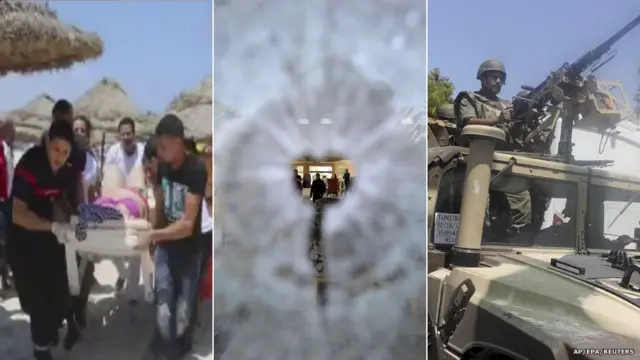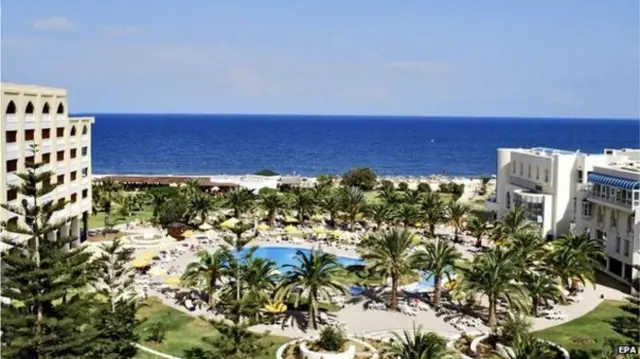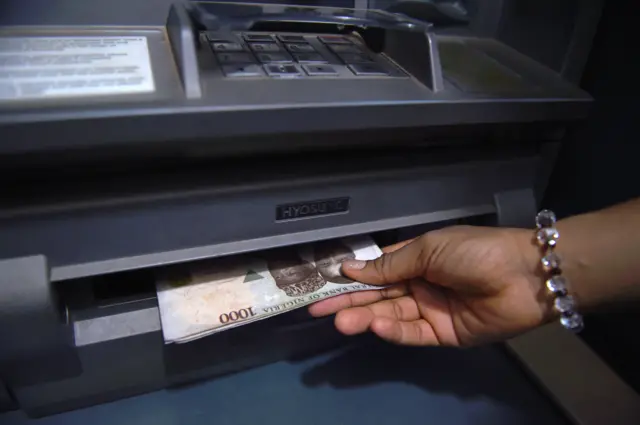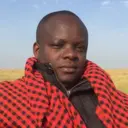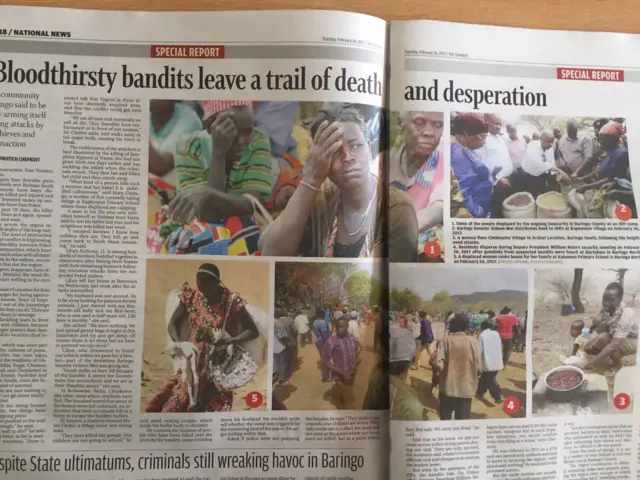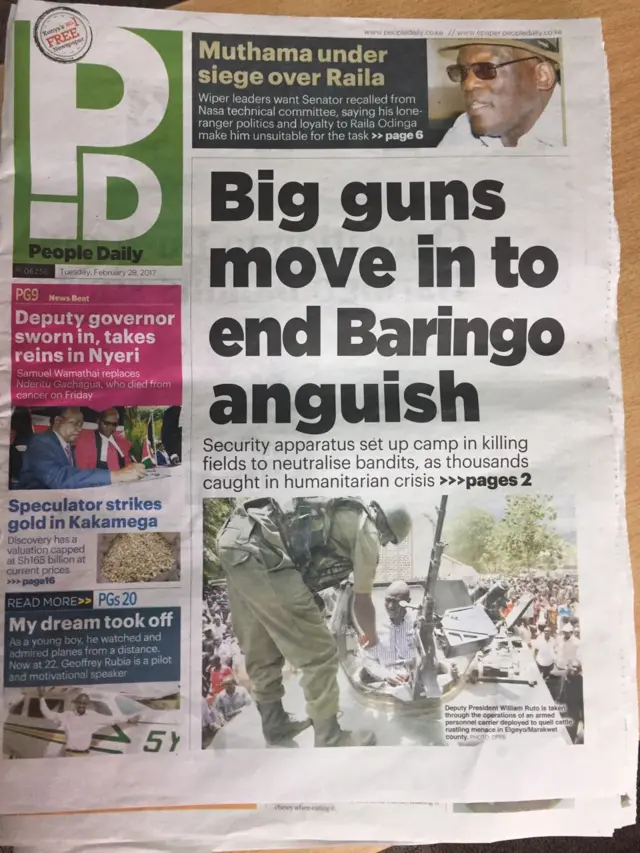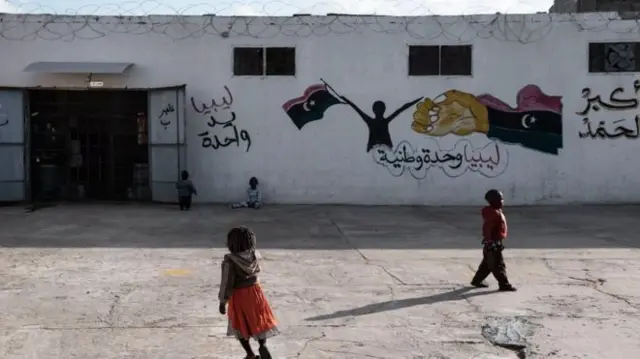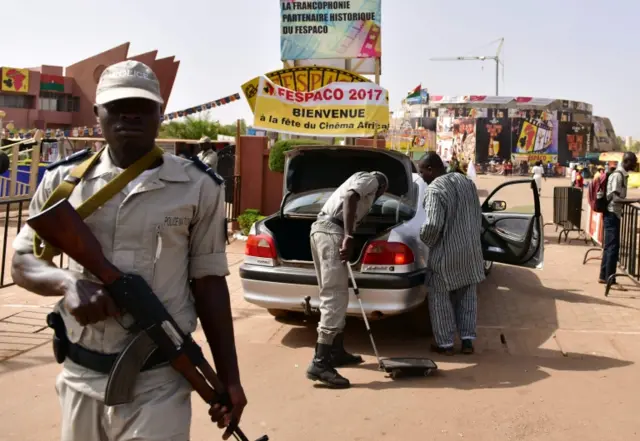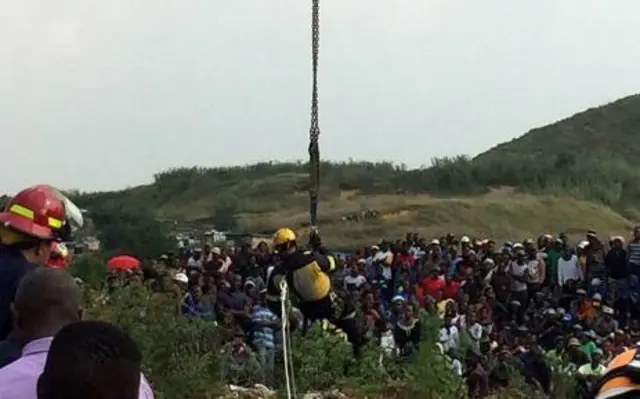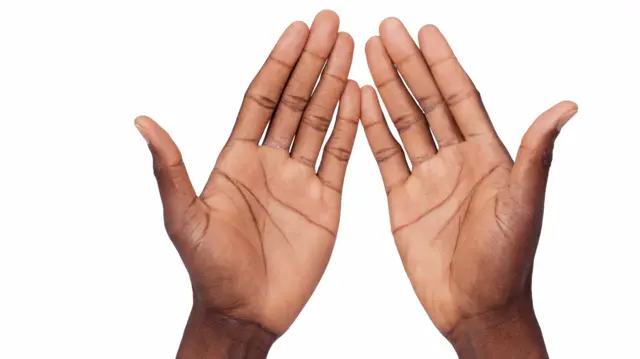Mind the potholes! Advice for Zimbabwe driverspublished at 12:03 GMT 28 February 2017
The potholed roads in Zimbabwe's capital, Harare, are an increasing hazard for drivers. They are especially dangerous following heavy rains, as standing water hides some of the potholes.
Some residents have taken advantage of the poor state of the roads to fix potholes themselves, stepping in where the state authorities are not acting and collecting money from grateful drivers.
Cars in Harare have to take great care due to the numerous potholes
